More On: IRS
Why John D. Rockefeller is not a bad guy and should be remembered as a hero
Why Chelsea Clinton, as first daughter, wanted to 'fade into the background'
I'm a flight attendant, and here's how to get a free upgrade to first class
Former IRS agents explain why the department has guns and more than 3 million rounds of ammunition
When Biden left Afghanistan, he left behind more than a thousand Americans
Anthony Dominicis, a retired special agent, wants to reassure people in the United States that the IRS is not going to come after them with guns.
He said, "It's just not true." "Only people who are involved in serious criminal activity need to worry about an armed agent."
President Biden's new $739 billion Inflation Reduction Act is going to give the IRS about $80 billion and hire 87,000 more people. Some people are wondering why the IRS needs an arsenal of weapons.

The IRS has 3,282 pistols, 621 shotguns, and more than three million rounds of ammunition, according to a 2018 report from the Government Accountability Office about how federal agencies buy weapons and ammunition.
Among those sounding the alarm is Iowa Senator Chuck Grassley, who last week asked: “Are they going to have a strike force that goes in with AK-15s already loaded, ready to shoot some small-business person in Iowa?”
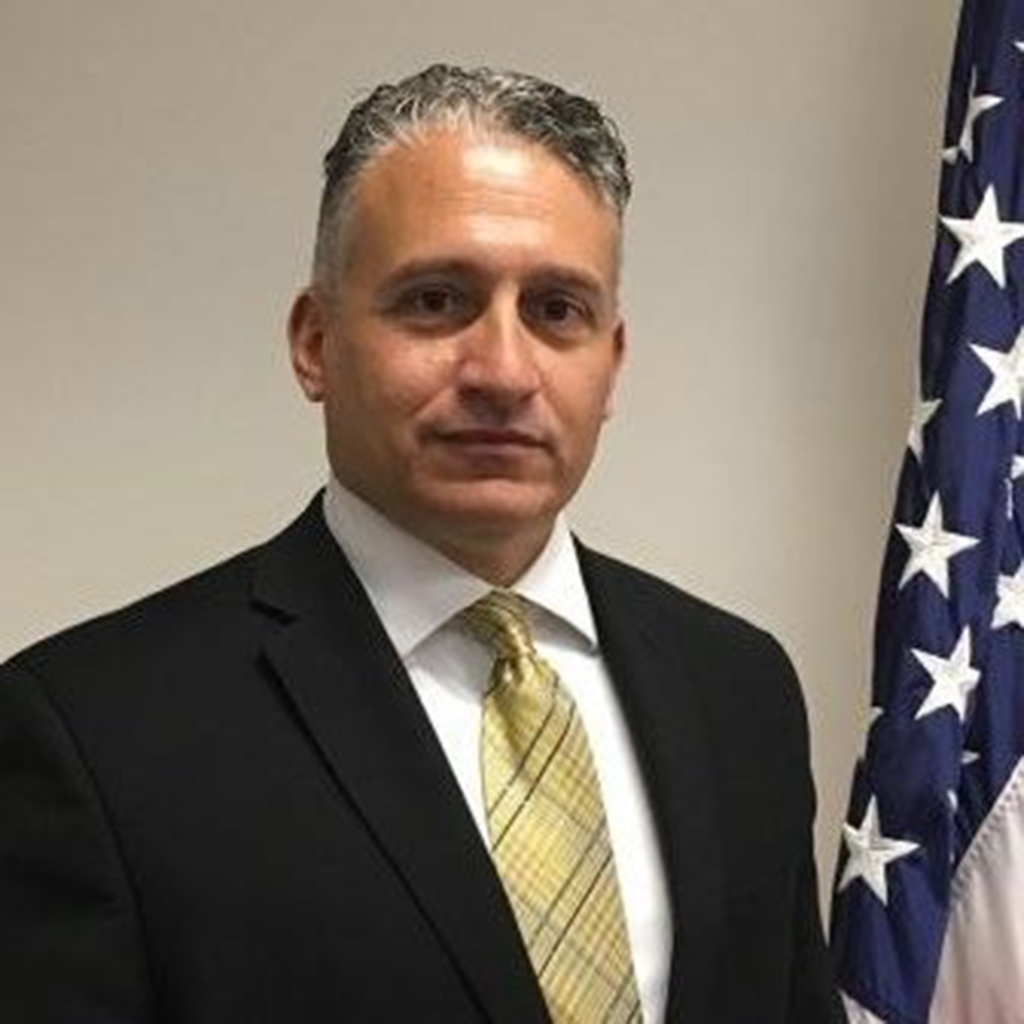
Rep. Matt Gaetz of Florida introduced the Disarm the IRS Act in July to stop the IRS from buying ammunition. He said, "They're arming the IRS like they're getting ready to take Fallujah."
Even though the IRS buys new weapons and ammunition every year—$92,263 was just spent on ammunition in March—only people in the Criminal Investigation division are allowed to carry guns. CI spends 72 percent of its time and money on people who don't pay their taxes. The rest of its time is spent on drug gangs, money launderers, cyber criminals, and scam artists, according to the agency's 2021 report, which said that it did 1,372 investigations during that fiscal year.
Domenicis, who retired from the department in 2019, told The Post that he never fired his gun while working for the IRS as an undercover special agent in CI.
He did sometimes pull his gun, like when he caught a Mexican drug dealer hiding out in a ranch house outside Phoenix in 2005. The suspect had sworn that he would not be caught alive.
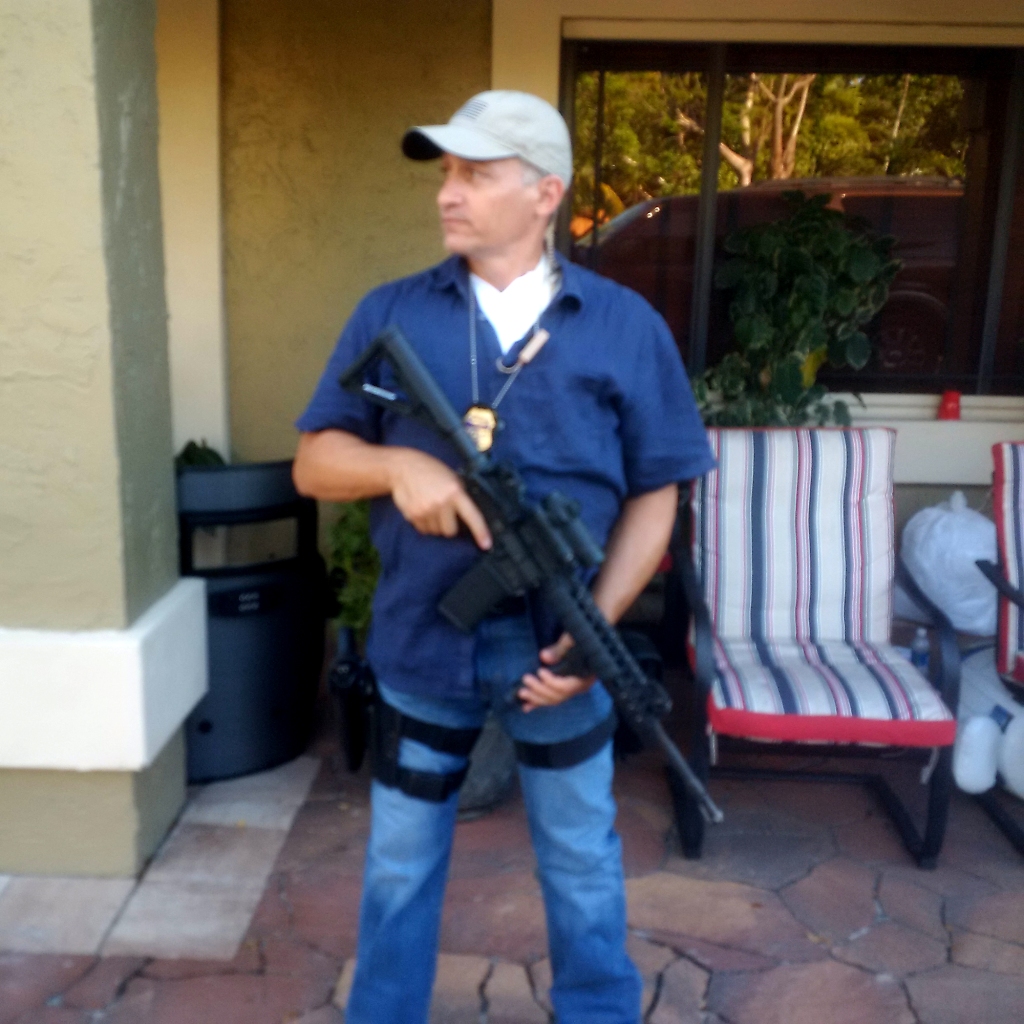
“I had an informant inside the house so we knew he was armed — he had a .45 — and this guy told me our suspect said he wasn’t going back to jail,” said Dominicis, who had been probing an Arizona arm of the deadly Sinaloa cartel.
After months of working with the FBI, the DEA, and other agencies on a case, the team did a raid early in the morning. Dominicis pulled out his Sig Sauer 9mm pistol because he didn't know how the planned takedown would go.
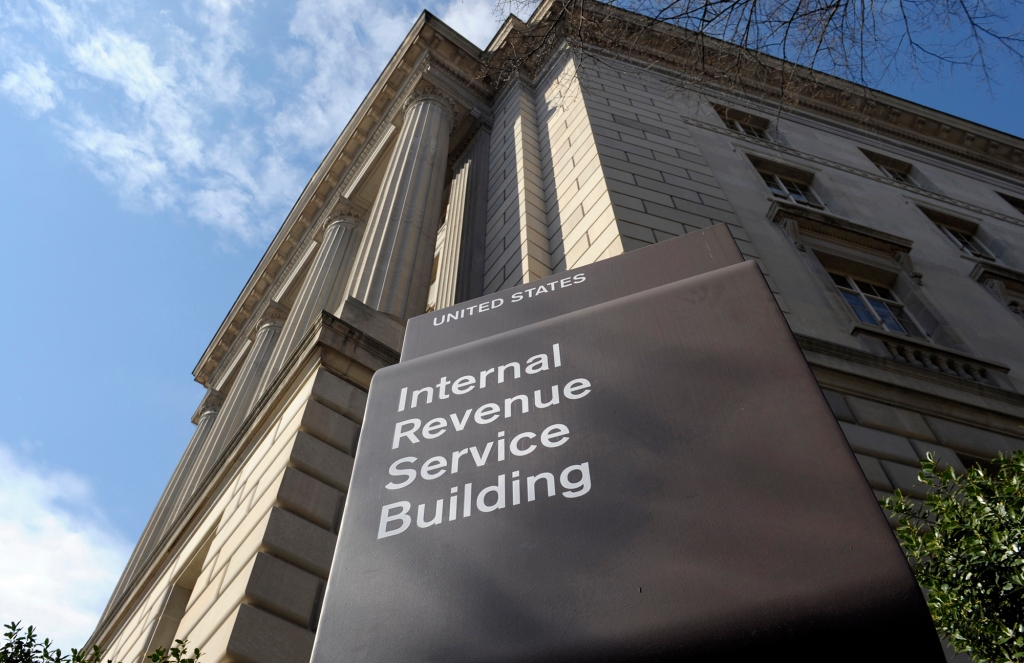
“It’s always dangerous to knock on someone’s door without knowing what’s going on on the other side,” he said.
“We made entry and I was covering a hallway to the right. The suspect came out in his underwear so it was pretty easy to see he wasn’t armed. I put my gun on him and there were no issues.”
But, said Dominicis, that arrest shows how important it is for IRS agents to have enough weapons to go after violent criminals.
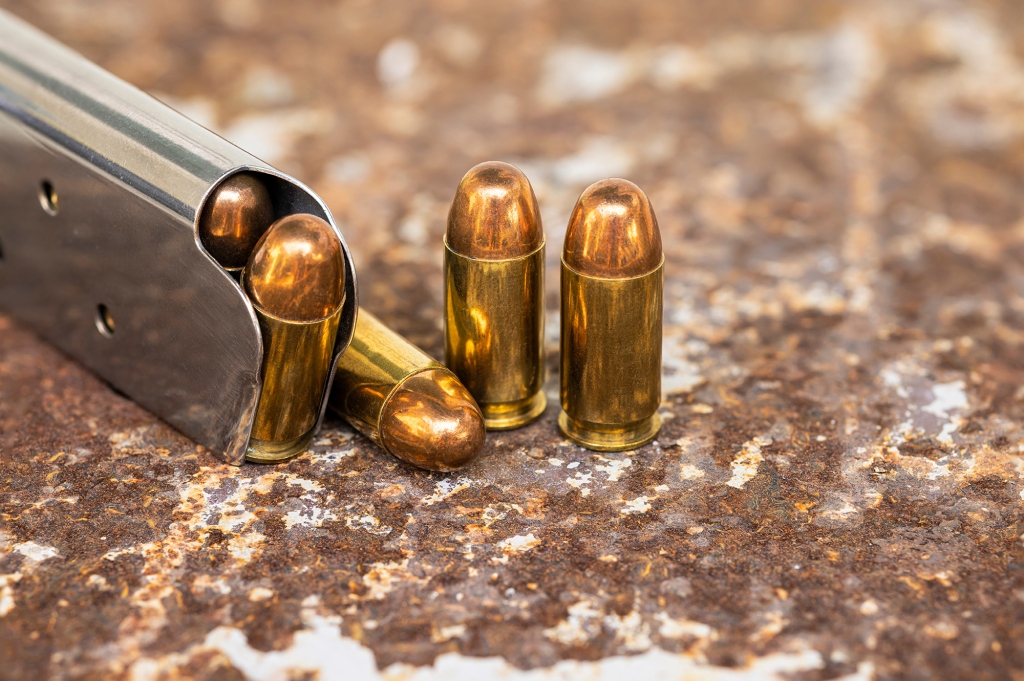
“To be armed is smart,” he said. “I wouldn’t try to arrest somebody without it.”
The Criminal Investigation unit has 2,046 agents, and it has its own forensics lab and gun range.
Dominicis, who now runs a private investigation firm called Maven Investigations near Knoxville, Tenn., said that drug cases are among the most dangerous for agents.
He said that he and other people broke up a drug gang's ID theft ring in Miami by serving a lot of warrants in bad neighborhoods.
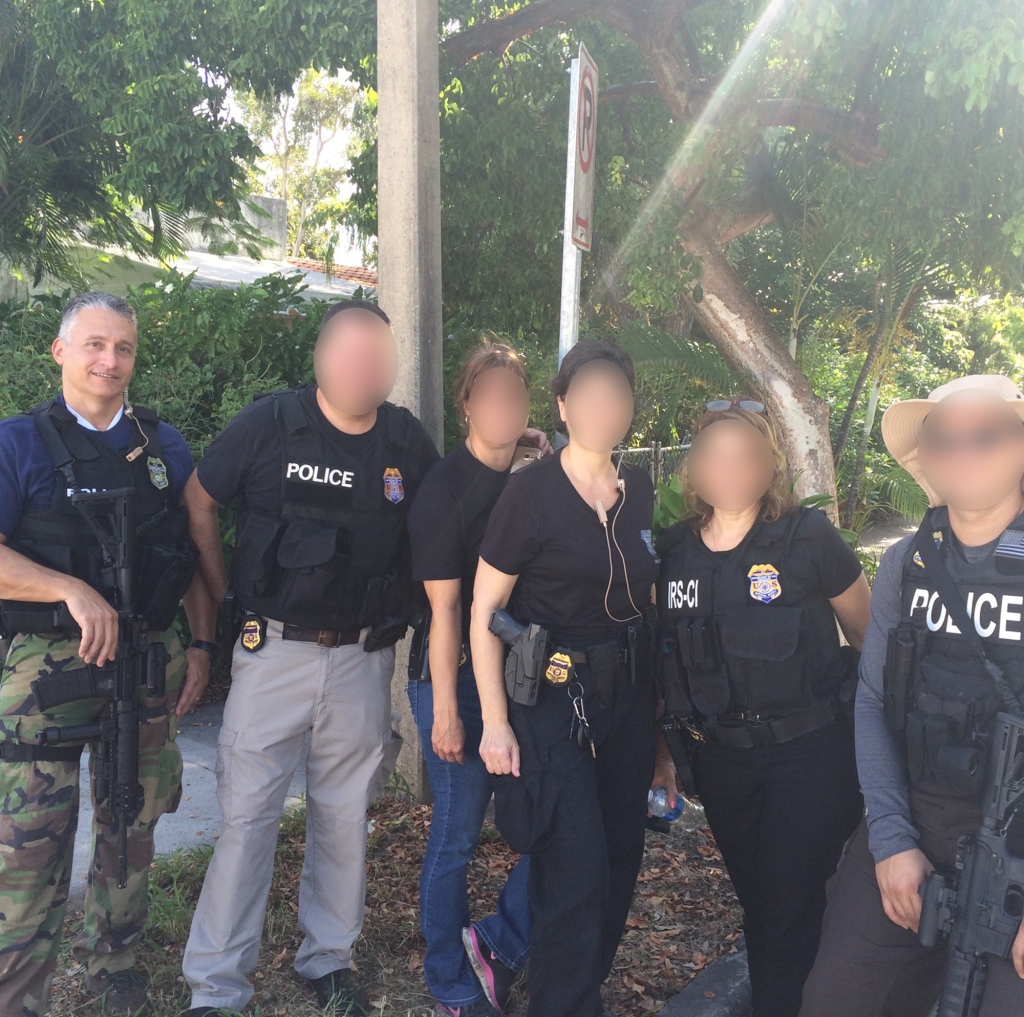
“There was a heightened risk there. So the perimeter security teams had AR-15s on hand just in case.”
In 2019, CI took part in Operation Cookout, an investigation of the Sinaloa cartel by a number of different agencies in Virginia, North Carolina, and Texas. The investigation led to the arrest of 35 suspects and the seizure of 24 guns, 30 kg of fentanyl, and 30 kg of heroin.
"I don't think most people realize how much these agents do for law enforcement," said Ryan Corrigan, a longtime member of CI whose career is described in a new book called "Special Agent."
“The agents are involved in a lot these days: Crypto currency fraud, terrorism, international money laundering.
“Any time you make a felony arrest there’s an element of danger to it,” he said. “You may run into somebody who’s armed. It’s better to have a weapon in case you need it.”
-----------






















